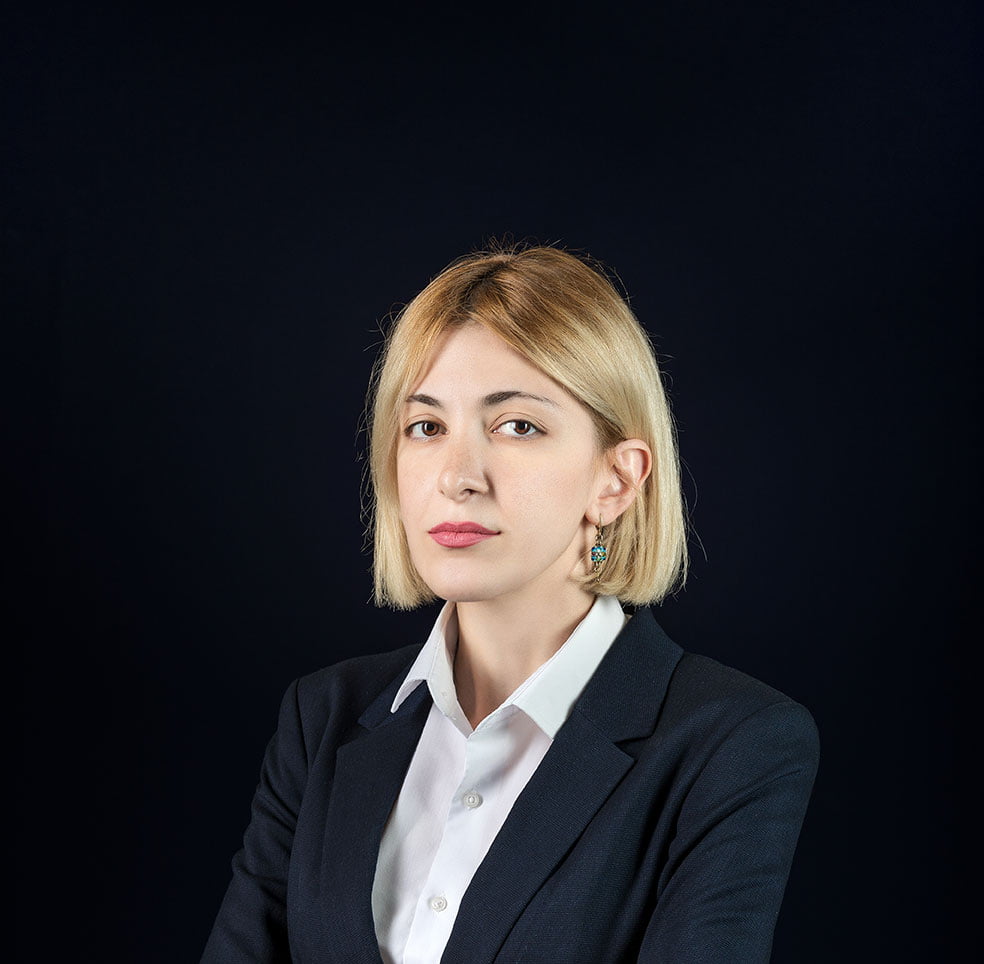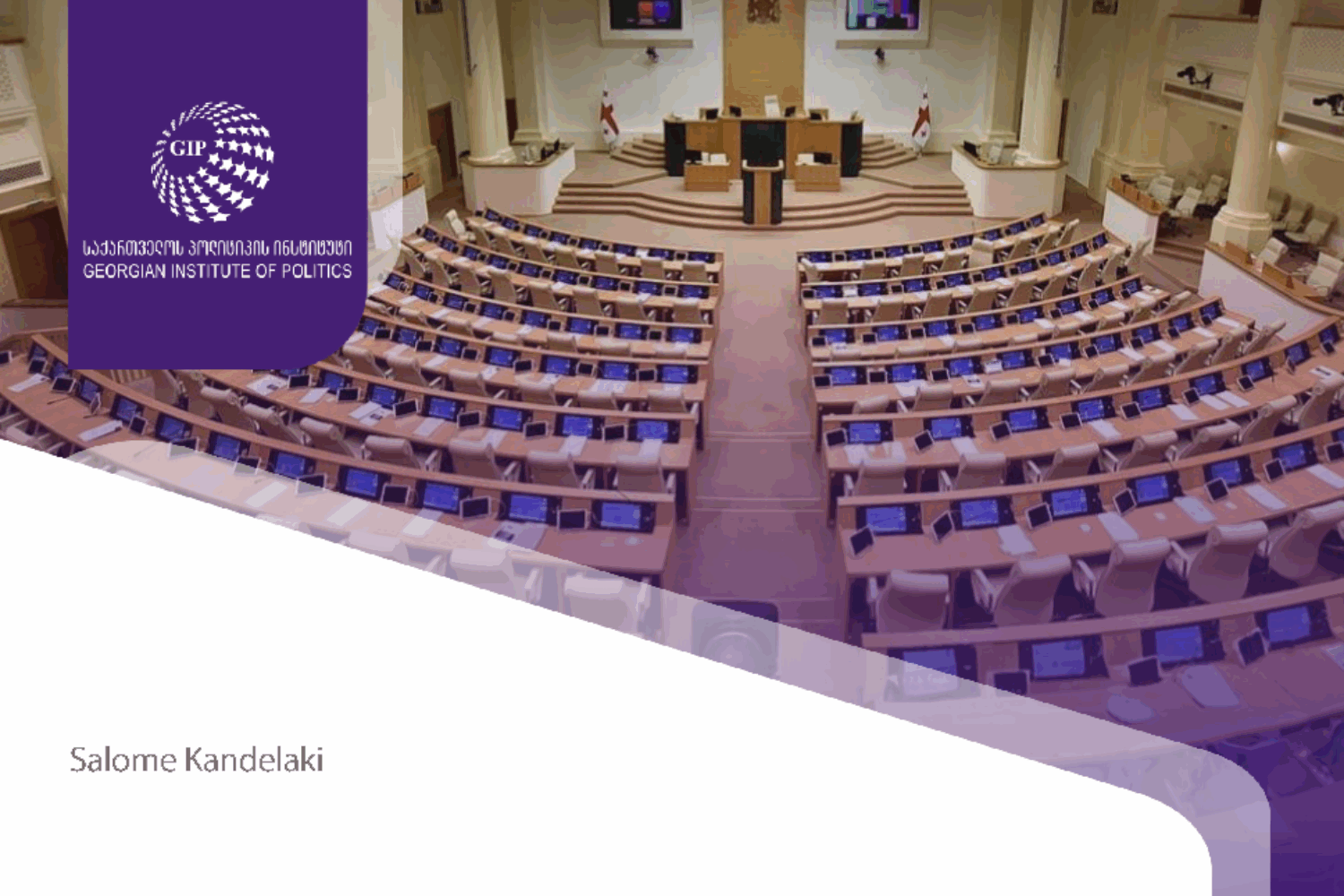2025-05-20 10:09:26
The Multi-Party system and pluralism in Georgia have experienced a significant regression in recent years. The principles of fair competition between parties in the political arena and the guarantees of holding elections in a free and open environment are being violated (OSCE ODIHR 2024), thereby undermining the health of the political system (Bernatskyi 2024). In recent years, a particularly pressing issue has been the rise of hate-based political campaigns, which add to societal fragmentation, especially in the classical sense, when one political force seeks to remove the other from the political space (Martin & Nai 2024). One of the clearest examples of such confrontational dynamic is the pre-election promise of the Georgian Dream for the 2024 parliamentary election to ban and declare unconstitutional (in case of securing a constitutional majority), the so-called “Collective National Movement” a term they use to discredit practically all the parties that gained high public support among the opposition spectrum (First Channel 2024).
Although the Georgian Dream failed to acquire a constitutional majority in the parliamentary elections, long after the vote, discussion on this issue has not stopped. On the one hand, the current, disputed parliament has launched a parliamentary investigation, under a so-called “Temporary Investigative Commission” to (according to the Georgian Dream) reveal criminal acts committed during the tenure of the “National Movement”. Later, the mandate of the commission was extended to include the period even after 2012. Within this broader scope, there have been efforts to discredit the opposition parties that had crossed the electoral threshold (Parliament of Georgia 2025a). At the end of March 2025, the “Georgian Dream” initiated amending the Organic Law of Georgia “On Political Unions of Citizens”, with an explicit aim of banning parties (Parliament of Georgia 2025b). In particular, according to it:
“The establishment and operation of a political party, — the objectives of which include the overthrow or violent alteration of the constitutional order of Georgia, undermining the country’s independence, violating its territorial integrity, or promoting war or violence, or inciting national, ethnic, sectarian, religious or social hostility is not permitted. — is prohibited. The formation of a political party, based on territorial principles, is prohibited”.
At the same time, the amendment also applies to the Organic Law on the Constitutional Court of Georgia, and aims to shorten the timeframe for reviewing cases related to the banning of political parties. This change enables the expedited dissolution of a party, potentially within as little as two weeks (Social Justice Center 2025).
Although the draft laws are under consideration, the Georgian Dream party has stated that opposition parties will be able to participate in the local elections and only after that, they claim, will they “prepare a fact-based constitutional lawsuit” to have the so-called “collective national movement” banned by the Constitutional Court (Mdinaradze 2025).
In party politics, such practices can cause severe political upheaval, instability, and can incite citizen confrontation. Furthermore, if such practices are established in Georgia, there is no guarantee that subsequent governments will not repeat this pattern, which risks a boomerang effect.
This policy memorandum reviews the formal explanations of the Georgian Dream regarding the motives for banning opposition parties. The text also analyzes the possible reasons behind this goal, based on their rhetoric and actions. Furthermore, the text presents the explanations and views of local and international actors and opposition political parties regarding the possible banning of parties, based on party statements and written interviews with their representatives. The memorandum also explains the Georgian context, drawing on examples from other democratic and authoritarian countries.




